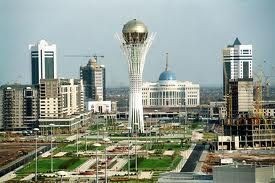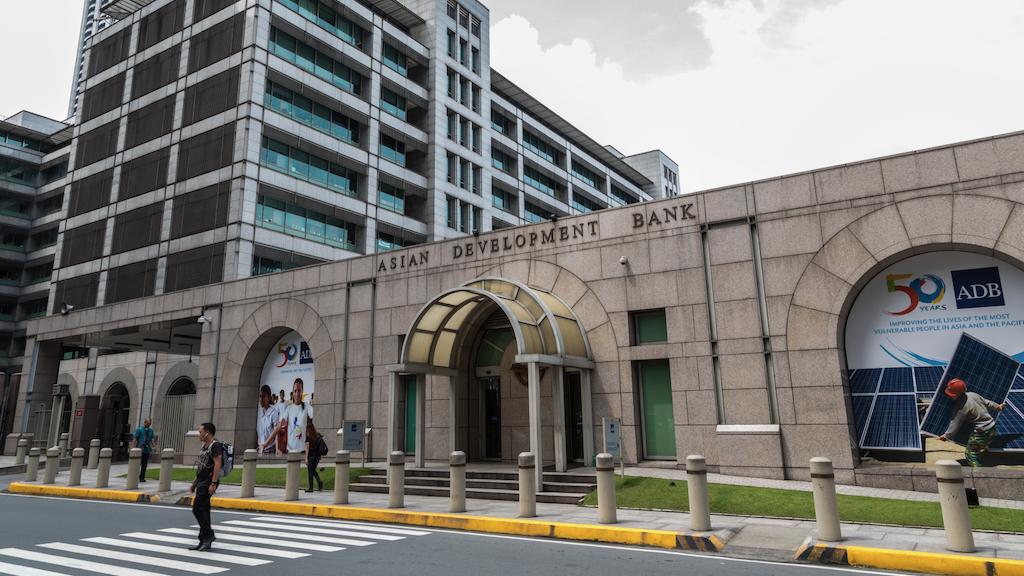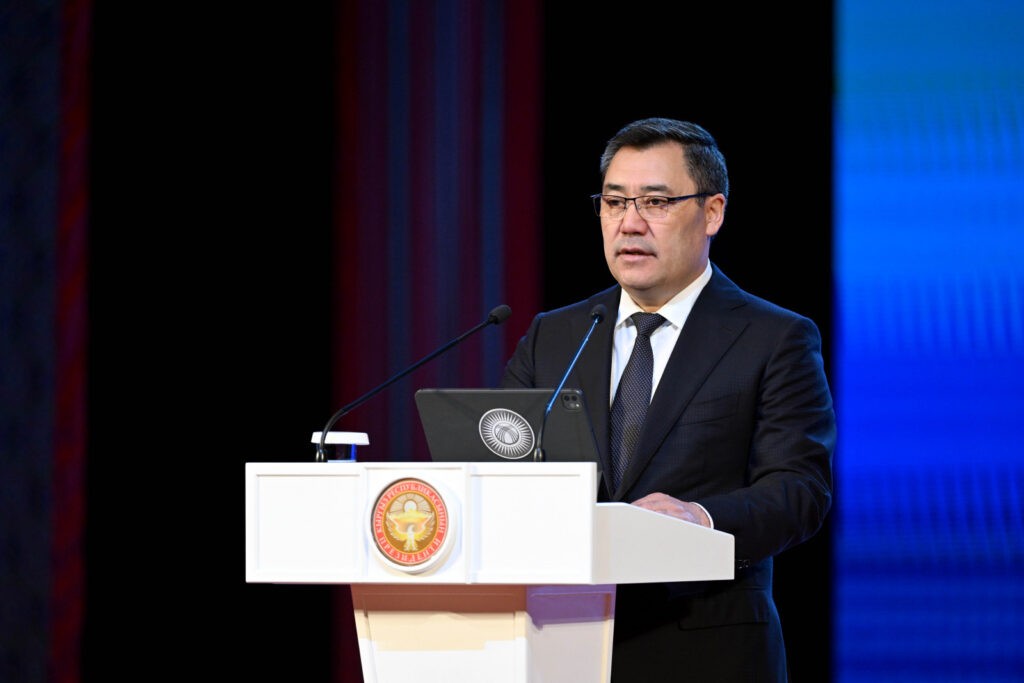ASTANA (TCA) — On February 15 Kazakhstan’s Prime Minister Karim Massimov held a meeting of the Government to discuss implementation of the President’s instructions given at the enlarged session of the Government of Kazakhstan on February 10, 2016, the official website of the Prime Minister reported.
Minister of National Economy Yerbolat Dossayev reported that a plan of additional anti-crisis measures for 2016 has been developed, with an emphasis on four directions: improving the efficiency of monetary policy and financial stability; extension of measures to support the economy in the framework of the state program “Nurly Zhol”; support of the SMEs and basic industries; and maintaining economic activity and employment.
According to Dossayev, under the first direction the free pension savings of 2016 amounting to 1.450 trillion tenge will be used to finance the deficit of the national budget in 2016. Part of those pension assets will be converted into foreign currency for investing in foreign markets in order to diversify the pension fund portfolio and increase the profitability of pension savings of citizens.
Under the second direction, housing construction will receive 360 billion tenge or the equivalent of 1 billion US dollars to be transferred to 2016 from $3 billion allocated for the implementation of the state program “Nurly Zhol” in 2017.
“Under the third direction aimed at maintaining production and employment and support of entrepreneurship (primarily SMEs), it is planned to use National Pension Fund money under market interest rates for the funding of the economy and ensuring the profitability of pension assets in the amount of 600 billion tenge,” the minister said.
“The total funding of anti-crisis measures in 2016 will amount to about 2 trillion tenge, taking into account the previously provided funds for 2016 for implementation of the state program “Nurly Zhol” and attracted loans and grants from international financial organizations. Full use of the allocated funds will stimulate economic activity, support employment and ensure the contribution to economic growth at the level of 0.8-1 percent,” Dossayev concluded.









